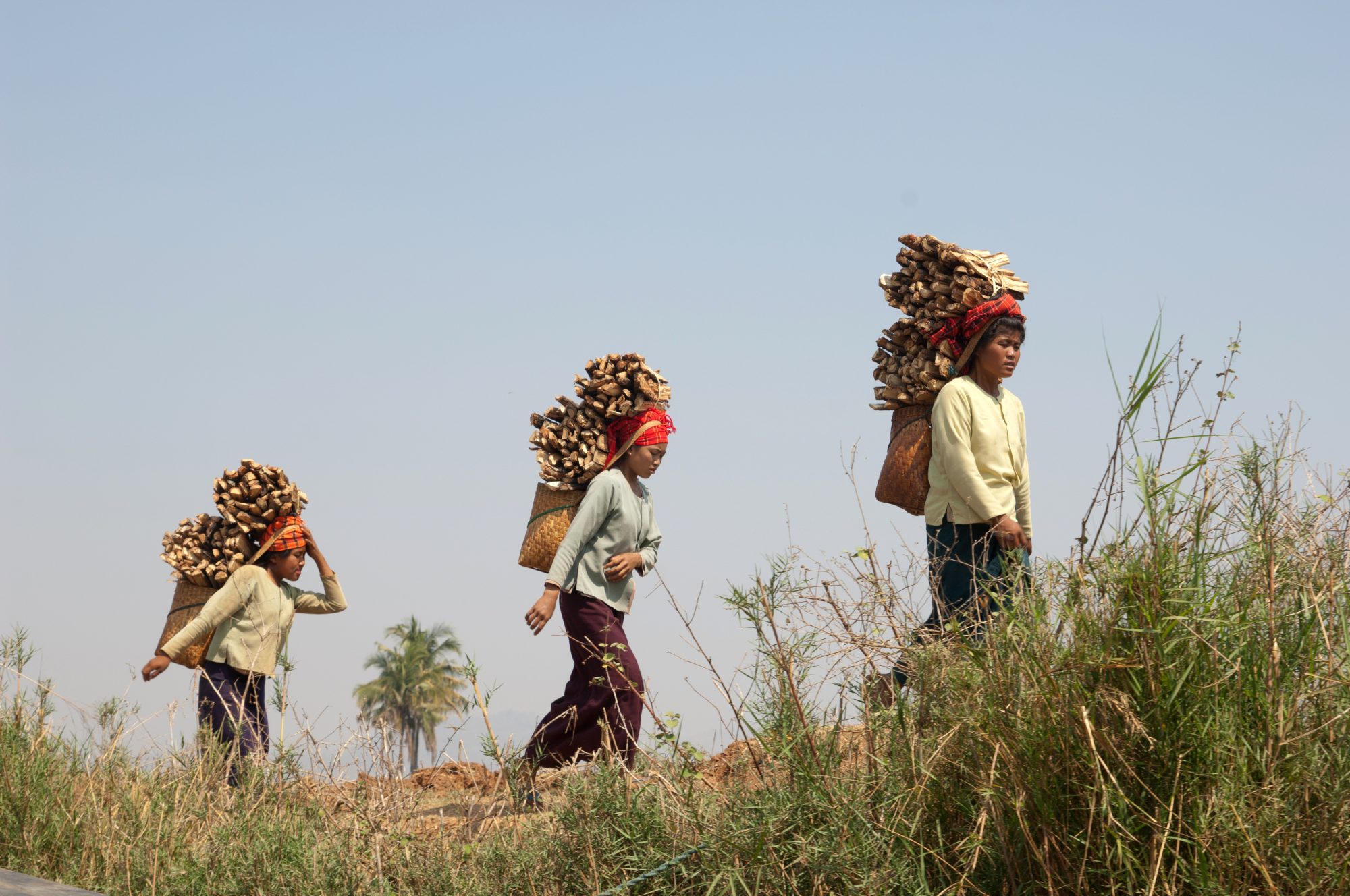A new United Nations mechanism for validating high-quality carbon credits has announced its first approval, but carbon experts aren’t celebrating. The inaugural project is seen by many as flawed, and its inclusion highlights a challenge to the mechanism’s integrity goals.
Plans for the Paris Agreement Crediting Mechanism (PACM) were finalized in November at the COP negotiations in Azerbaijan, allowing project developers to begin applying for PACM approval. A quality label backed by the UN could be a welcome addition to the carbon market, where many buyers lack the resources to undertake the due diligence necessary to identify high-quality credits. In some cases, companies have been publicly named as purchasers of “junk” credits that generate little or no climate benefit.
Following a meeting of the PACM supervisory body last month in Bhutan, we know now the first project to receive the mechanism’s approval: A Myanmar-based scheme that distributes fuel-efficient stoves to communities that cook using wood fires. Switching to improved stoves reduces the quantity of wood the recipients use, reducing deforestation and emissions.
What’s considered sustainable?
The general principle behind cookstove projects is generally considered sound, but the specific project that the PACM approved is not. Calyx Global, an independent rater of carbon credits, last week ranked the project in Tier 3, the lowest of its categories.
One problem with the methodology the project follows is what’s called “non-renewable biomass,” explained Calyx Co-Founder Donna Lee. When estimating climate benefits, project developers must account for wood that will grow back and so should be considered sustainable. Under the methodology used in Myanmar, this estimate was left up to project developers, who had an incentive to downplay the amount of sustainable harvesting in order to maximize the purported impact of the stoves.
The methodology, developed by the non-profit Gold Standard, was also rejected this month by the Integrity Council for the Voluntary Carbon Market, another important arbiter of carbon market quality.
This inauspicious start stems from a compromise made as countries haggled over plans for the PACM. China, India and other nations successfully lobbied for projects generated under a previous UN-based scheme, known as the Clean Development Mechanism (CDM), be allowed to apply for PACM approval. The transition window closes at the end of this year, when new and much more stringent rules will be introduced, said Lambert Schneider, a climate policy expert at the Oeko-Institut in Germany and a member of the technical expert group crafting the rules. “I’m very confident that such a project wouldn’t pass the new rules,” he added, referring to the Myanmar cookstove credits.
Better baselines
Schneider hopes that the PACM will insist on
Read More

